We all know the story of the tortoise and the hare.
The hare is confident that it will beat the tortoise, so it stops halfway through the race and takes a nap. The tortoise moves at a glacial pace, but it never stops — and ends up winning.
The moral of the story is that success comes from doing things slowly and deliberately, rather than quickly and carelessly. And, I would add, by being honest with yourself about your abilities.
I was more like the tortoise when I was first building Jotform. I wasn’t always certain how things would turn out, so I kept my day job while I started my business on the side.
In spite of being a high achiever, I didn’t overestimate my abilities. I knew that failure was a possibility; that kept me motivated and honest with myself. I acknowledged my mistakes and weaknesses and worked to correct them. Today, I ask the same of my employees.
The right people make a difference
Jotform is now my full-time job, but I still spend a full 50 percent of my time hiring the right people. Granted, all CEOs allot their time differently, depending on their company’s needs, but most CEOs don’t deal with hiring. Instead, they relegate that work to managers. For me, however, having the right team has always been paramount. I need people who can take criticism and know their strengths and weaknesses.

Since the famous Dunning-Kruger study in 1999, employers have more insights about who is likely to over- and under-estimate themselves — and when. For instance, high achievers and experts are likely to downplay their abilities, while less experienced people often believe they’re standouts.
The startup world is brimming with overconfident personalities. Oftentimes, inexperienced, wannabe entrepreneurs think a good idea should easily translate into a multi-million-dollar business. But that’s rarely the case.
The mental error of overestimating yourself is called “illusory superiority.” Imagine your uncle insists on fixing your leaky kitchen sink, but floods the house in the process. You end up having to call a plumber to fix your uncle’s mistake. This fallacy of competence also leads to problems with work productivity and quality. Ensuring employees have reasonable expectations can create space for constructive criticism, which leads to increased productivity instead of hurt feelings.
Taking feedback to improve productivity
Our confidence directly influences the risks we take and the decisions we make, as well as our sense of happiness. Consequently, confidence — or a lack thereof — can have a major effect on our personal and professional lives.
Researchers have also identified several areas where people are typically over- or under-confident.
For instance, people are generally overconfident about tasks or skills connected to their personality, character, and values, such as being a good colleague. Gender also plays a role. Take stereotypically masculine tasks like fixing things: men consistently overestimate their abilities in this area (e.g. your uncle and the sink).
Women also regularly overestimate themselves in stereotypically female traits, like the ability to empathize (e.g. being a supportive coworker). Finally, men and women alike overvalue their ability to perform tasks they view as “easy” and underestimate themselves with tasks they perceive as “hard.”
Talking about the areas where, individually or as a team, you might be overrating your strengths helps everyone to understand that there’s almost always room for improvement. Open dialogue also prepares people to receive critical feedback about their work, without taking it as a personal critique.

As a manager or business owner, it’s equally important to ensure that you’re assigning the right work to the right employees. This way, they won’t get frustrated or waste time and effort on the wrong projects given their skills, experience level, and interests.
For instance, an employee may consistently need more time than he or she thinks to perform a certain task because they’re approaching it with excess confidence or they’re tackling the wrong project for their skill set.
Running out of time cranks up internal chaos, stress, and one-dimensional thinking. That pressure, in turn, leads people to cut ethical corners and sacrifice quality or time needed for other projects. We’re rarely able to enjoy our work when we’re stressed, which also kills creativity.
A positive outcome from negative feedback

“Because we make ourselves deaf to feedback, because we overestimate our abilities, because we become consumed with ourselves, we end up subjecting ourselves not just to the inevitable stumbles or difficulties of life but catastrophic, painful failures.” — Ryan Holiday
No one enjoys receiving negative feedback. And honest conversations can be challenging for everyone involved. But, I believe in hiring the right people, right from the start — people who can handle direct feedback and understand their strengths and weaknesses.
By setting realistic expectations for ourselves and others, and by admitting when we fail to meet those expectations, we can work more productively and develop stronger relationships. Ultimately, the future of your company may depend on it.




































































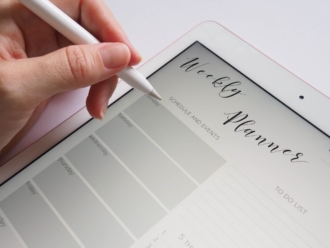
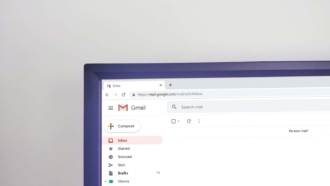








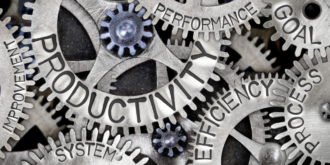







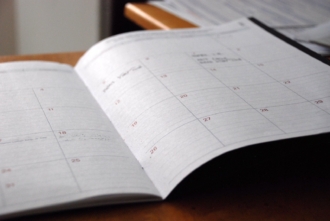








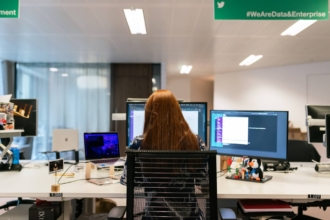


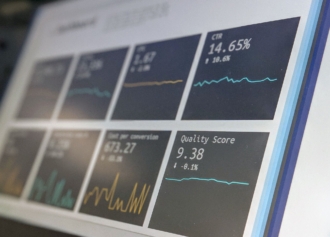


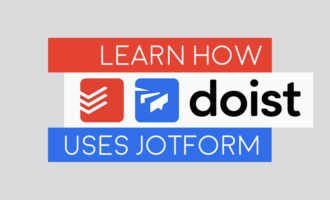






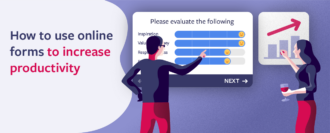


Send Comment: